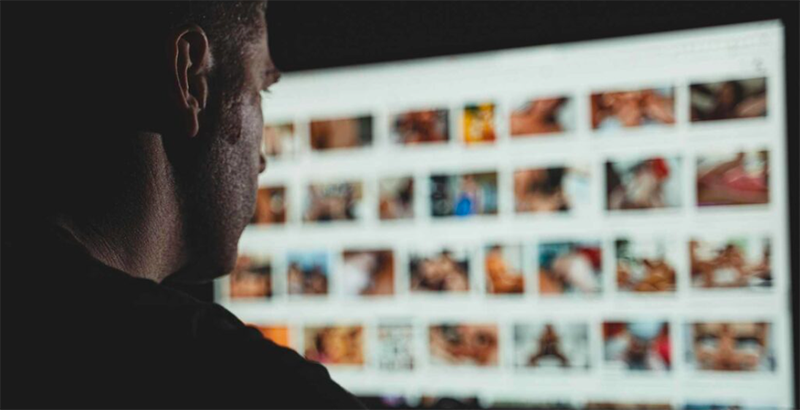Louisiana Legislator Proposes New Law Blocking Pornography on College Campuses

Get stories like this delivered straight to your inbox. Sign up for The 74 Newsletter
A Louisiana state senator is proposing a new law that would prohibit students from accessing pornography or sexually explicit content on their personal phones or computers while connected to a university’s wifi network or internet service provider.
Senate Bill 131, filed by Sen. Beth Mizell, R-Franklinton, would require each public university to prohibit access to content that is “sexually explicit, pornographic, or sexually harassing and, therefore, reasonably believed to create a hostile work environment.”
It would require public postsecondary education boards and institutions to adopt policies that prohibit such content for all students and employees, and it calls for universities to adopt internet censorship techniques that actively block a user from visiting certain websites.
Sometimes referred to as content “blockers” or “filters,” such censorship applications are often used to prevent children from accessing certain websites but are also used at some private businesses, mostly to block malware and spam. One of the largest applications of content filtering is the national firewall in China, which blocks free speech, global trade, foreign information sources and other digital content deemed unsuitable.
Mizell’s bill, which was pre-filed March 2 ahead of the 2022 regular session, states that any student or employee who needs “unfiltered or unrestricted access to the internet” for any scientific, educational or law enforcement reason must first obtain written authorization from the institution granting access for a specified time period. Such authorization must be kept on file and reviewed periodically, according to the proposal.
Another provision in the bill appears as if it would carve out an exemption for privately owned computers or devices, but only if they are not used to access porn or other prohibited content “through an internet service provided by or through the public postsecondary education board, system office, or institution.” University students and employees would have to use an off-campus internet provider to view pornography on their personal devices.
Ashley Shelton, executive director of the Power Coalition for Equity and Justice, said Mizell’s bill could run into many Constitutional hurdles and problems with enforcement.
“I think there are certainly some First Amendment issues, but we will stand with the people wherever the people end up on this,” Shelton said. “How are these things defined? Would a Victoria’s Secret website be considered sexually explicit?”
In its current form, the legislation would leave it to each university to determine what is and is not appropriate and translate that into content blocking parameters.
Content blocking is not entirely effective and has several drawbacks, according to research by the Internet Society, a nonprofit that provides reliable information about the internet and promotes standards and protocols for internet infrastructure. The most common content blocking techniques can be easily circumvented by users, require third parties to examine private user traffic, often block legal or harmless websites unintentionally, and invite security risks from users who will set up underground or alternative network structures, according to the group.
Mizell did not respond to requests for comment.
Louisiana Illuminator is part of States Newsroom, a network of news bureaus supported by grants and a coalition of donors as a 501c(3) public charity. Louisiana Illuminator maintains editorial independence. Contact Editor Jarvis DeBerry for questions: [email protected]. Follow Louisiana Illuminator on Facebook and Twitter.
Get stories like these delivered straight to your inbox. Sign up for The 74 Newsletter

;)